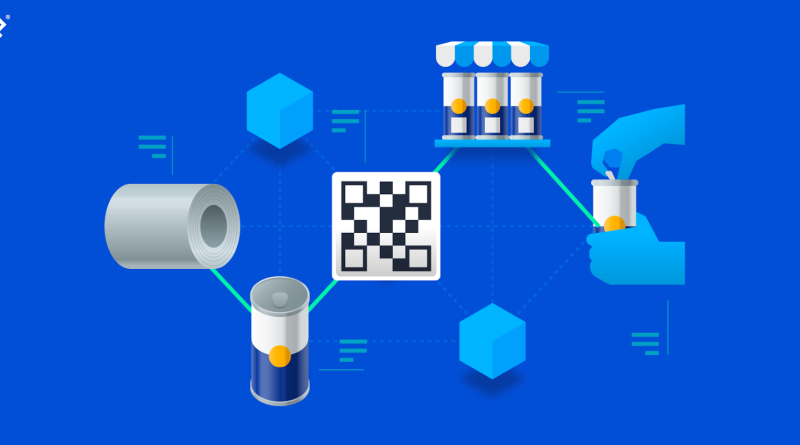Blockchain-Based Supply Chain Management
In recent years, blockchain technology has emerged as a transformative force in various sectors, including supply chain management (SCM). Traditionally, SCM has been plagued by issues such as inefficiencies, lack of transparency, and difficulties in tracking and verifying goods. Blockchain technology, with its decentralized and immutable ledger, promises to address many of these challenges, leading to more efficient and transparent supply chains.
Understanding Blockchain Technology
Blockchain is a decentralized ledger system that records transactions across a network of computers. Each transaction, or block, is linked to the previous one, creating a chain of records that is resistant to tampering. This technology allows for secure and transparent transactions without the need for a central authority.
In the context of supply chain management, blockchain can record every transaction or movement of goods from the point of origin to the final consumer. This ensures that every step in the supply chain is documented and verified, providing a clear and accurate record of the product’s journey.
Enhancing Transparency and Traceability
One of the most significant benefits of blockchain in SCM is its ability to enhance transparency. Traditional supply chains often suffer from a lack of visibility, making it difficult for stakeholders to track and verify the movement of goods. Blockchain provides a single, immutable source of truth that all participants in the supply chain can access.
With blockchain, every participant—from manufacturers and suppliers to distributors and retailers—can see a real-time record of the product’s journey. This increased transparency helps to build trust among stakeholders and allows for better monitoring of the supply chain. For instance, consumers can verify the authenticity of products and ensure they are purchasing genuine goods.
Reducing Fraud and Counterfeiting
Fraud and counterfeiting are major concerns in supply chains, particularly in industries such as pharmaceuticals and luxury goods. Counterfeit products not only damage brand reputation but can also pose serious risks to consumer safety. Blockchain technology offers a solution to these problems by providing a secure and tamper-proof record of transactions.
By recording every transaction on a blockchain, companies can create an unalterable history of a product’s movement and origin. This makes it much harder for counterfeit products to enter the supply chain undetected. For example, a pharmaceutical company can use blockchain to verify the authenticity of drugs, ensuring that they are safe and legitimate before reaching consumers.
Improving Efficiency and Reducing Costs
Traditional supply chains often involve multiple intermediaries, each adding their own layer of complexity and cost. Blockchain can streamline this process by reducing the need for intermediaries and automating various aspects of supply chain management.
Smart contracts, which are self-executing contracts with the terms of the agreement directly written into code, can be used to automate transactions and enforce contract terms. This reduces the need for manual intervention and helps to minimize errors and delays. Additionally, blockchain’s decentralized nature can lower transaction costs by eliminating the need for intermediaries.
Challenges and Considerations
While blockchain offers numerous advantages for supply chain management, there are also challenges and considerations that companies must address. One of the primary challenges is the integration of blockchain technology with existing systems. Implementing blockchain requires changes to current processes and technologies, which can be complex and costly.
Another consideration is scalability. As supply chains grow in size and complexity, the blockchain network must be able to handle an increasing volume of transactions without compromising performance. Solutions such as off-chain transactions and layer-two scaling technologies are being developed to address these issues.
Future Outlook
The future of blockchain-based supply chain management is promising, with many companies already exploring and adopting this technology. As blockchain technology continues to evolve, it is expected to play a critical role in creating more transparent, efficient, and secure supply chains.
In the coming years, we can anticipate greater integration of blockchain with other emerging technologies, such as the Internet of Things (IoT) and artificial intelligence (AI), further enhancing the capabilities of supply chain management. As these technologies converge, they will likely create new opportunities and innovations in the field.
Conclusion
Blockchain technology has the potential to revolutionize supply chain management by enhancing transparency, reducing fraud, and improving efficiency. While there are challenges to overcome, the benefits of blockchain in SCM are significant and wide-ranging. As technology continues to advance, blockchain will play an increasingly vital role in shaping the future of supply chains, making them more transparent, secure, and efficient.

